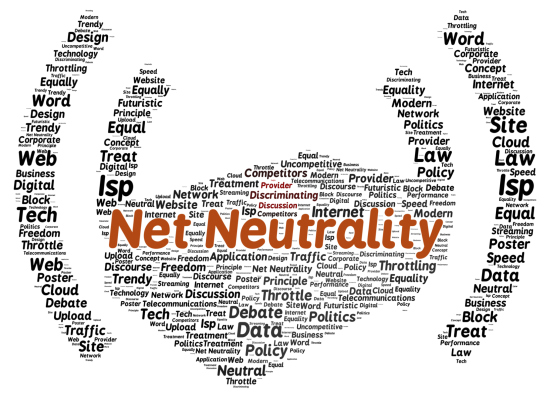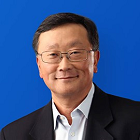Two weeks ago President Obama put net neutrality back on the front burner with his call for reclassifying wireless broadband as a so-called “Title II” service. Industry players and interest groups alike have all geared up for the expected epic battle. Ironically, there is widespread disagreement concerning what is meant by the term net neutrality.
Let’s start with what the President said. He asked the Federal Communications Commission to reclassify wireless broadband from an “information service” to a “telecommunications service,” thereby enabling the FCC to impose non-discrimination and equal access rules on wireless carriers such as AT&T, Sprint and Verizon. Many interest groups have urged reclassification following several court rulings against the FCC. Reclassification would also empower the FCC to impose price regulation, but the President expressly rejected going that far, emphasizing instead the core principles of non-discrimination and equal access.
I believe the focus on whether reclassification is good or bad misses the point. Instead, it makes more sense to agree first on what rules would be fair to both industry and consumers alike, and then figure out the best means (reclassification, new legislation, etc.) to enact those rules.
So what rules would be fair to both sides? Why not a set of rules that already exists, that has been working well, and that addresses precisely the issues President Obama identified? I am referring, of course, to the C Block rules that apply to the broadband spectrum the FCC auctioned in 2008. Those rules, advocated by Google and a coalition of interest groups, mandate two key non-discrimination principles – no blocking and no locking – but without any form of price regulation.
No blocking. The C Block rules prohibit wireless carriers from restricting customers from using devices and accessing applications or any other lawful content of their choice on the C Block network, except as necessary to manage or protect the network for the benefit of all other users.
No locking. The C block rules also prohibit wireless carriers from disabling features on mobile devices they sell to customers, or rigging those devices to prohibit their use on competitors’ networks.
Verizon won the entire C block in the 2008 auction, and has lived under those rules ever since. The rules have withstood the test of time and have functioned well. Why not extend the rules to all mobile broadband spectrum and all carriers? Doing so would achieve the President’s non-discrimination and equal access objectives without straying into price regulation. Customers would benefit from the ability to access any mobile broadband service, any application, or any other lawful content – on any network, using any device.
So rather than wage what could be a years-long Beltway battle over reclassification, let’s instead form a consensus around the existing C Block rules as the right way forward, and work together to achieve that goal.

